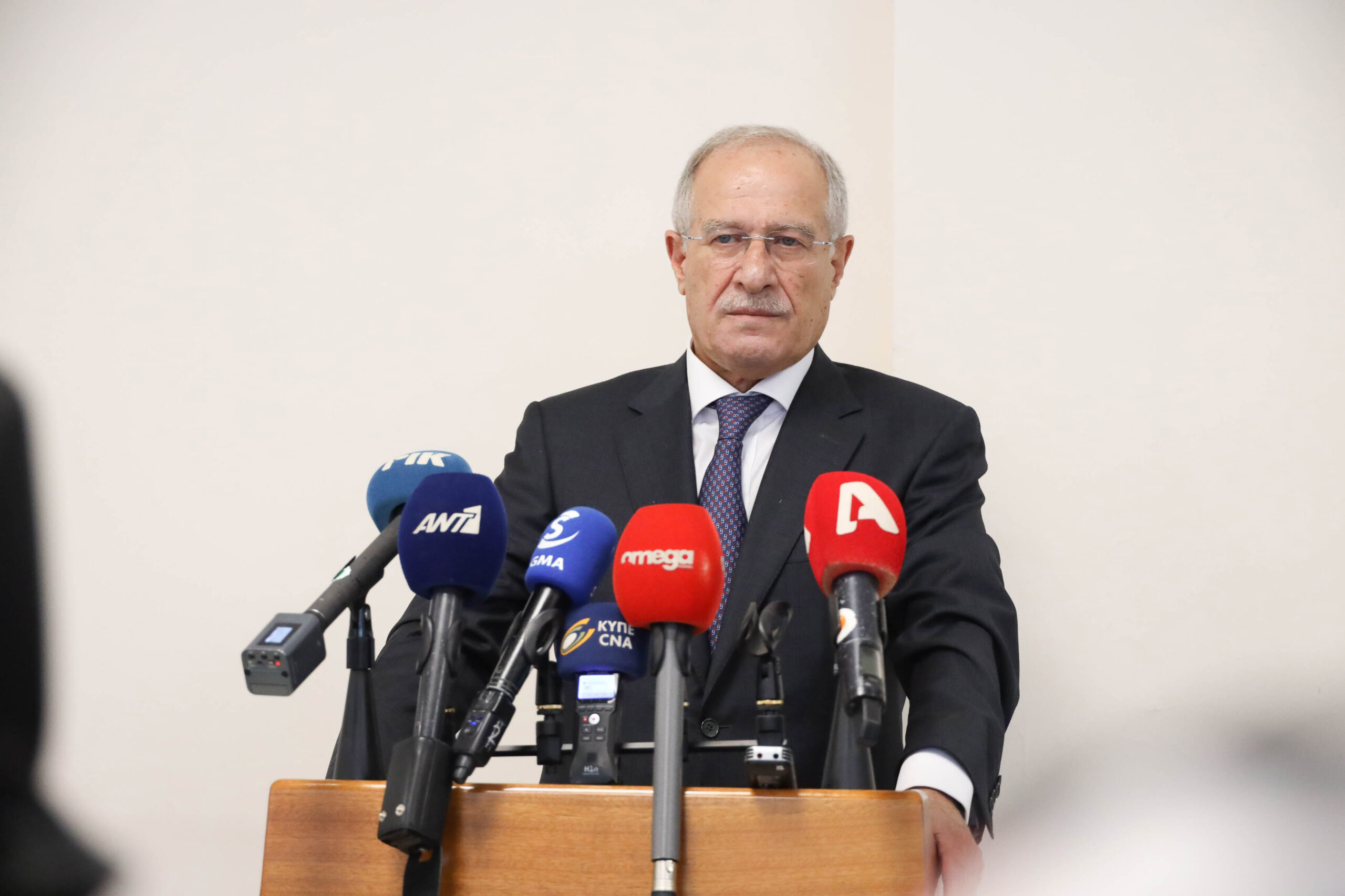The government is introducing a national minimum wage from January, set at €940 after six months in the job, announced Labour Minister Kyriacos Koushos.
The decision is heralded as a “historic move” by the government, with the first six months of employment, the wage will be €885, later rising to the minimum threshold of €940.
The minister said the minimum wage resulted from a compromise between the “opposed views of social partners”.
Koushos said that although the decision has been made to introduce the minimum wage with a decree, the delay in implementation is to give the economy time to prepare and adjust.
Praising the move, he said about 40,000 people are set to benefit from implementing the minimum wage.
However, significant sectors of the economy whose workers will not be covered by the minimum wage are most notably domestic workers, those in shipping and farming and livestock handling.
Also excluded are workers receiving training for a degree or a professional qualification.
Moreover, seasonal workers under 18 will be subject to a 25% reduction, as they will not have worked for six months with the same employer.
The introduction of a national minimum wage is an important reform, said Koushos.
In comments to state radio CyBC Thursday, Koushos said he had expected greater reactions from the parties involved since, as he said, diametrically opposed positions were formulated during the negotiation.
Collective agreements
The minister refuted accusations by unions that the minimum wage would allow employers to push collective agreements aside.
Koushos said where there are collective agreements; newcomers will be paid according to agreements in place and not based on the decree on the minimum wage.
He also explained that those who receive more favourable terms through a contract would be excluded from the decree.
Furthermore, when an employer provides food and or accommodation, it will be possible for 15% to be deducted from the starting salary and 10% from the salary given after six months.
Koushos acknowledged not everyone would be pleased by the announcement but that it was the best possible compromise.
Unions said that in talks with the late Labour Minister Zeta Emilianidou, they had been told the minimum wage would apply to a 40-hour working week, at around €1,000.
Furthermore, AKEL-affiliated trade union PEO argued that the decision would act as a timebomb at the foundations of industrial peace as the minimum wage is lower than collective agreements in sectors like hotels.
“The decree on the minimum wage comes as a reward for phenomena of deregulation and cheap labour,” the head of PEO, Sotiroula Charalambous, told ASTRA radio.
Charalambous argued the minimum was needed to protect the basic rights of workers, which have been deregulated in recent years, but the government, instead of dealing with these problems, leaves people unprotected.
She said the decree on the minimum wage leaves collective agreements unprotected, as employers could use it to scuttle deals in place.










